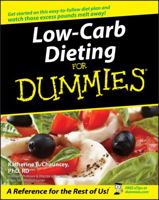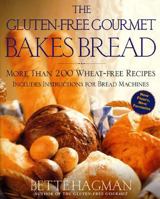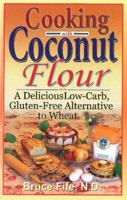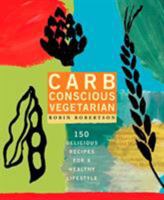Music Is History
Select Format
Select Condition 
Book Overview
A New York Times bestseller, Music Is History combines multi-Grammy Award winner Questlove's deep musical expertise with his curiosity about history, examining America over the past fifty years. Questlove finds the hidden connections in the American tapestry, whether investigating how the blaxploitation era reshaped Black identity or considering the way disco took an assembly line approach to Black genius. And these critical inquiries are complemented by his own memories as a music fan, and the way his appetite for pop culture taught him about America. A history of the last half-century and an intimate conversation with one of music's most influential and original voices, Music Is History is a singular look at contemporary America. "An entertaining, informative and far-reaching work, meticulously excavating American culture and history with the eye of a seasoned cratedigger." --The Washington Post
Format:Paperback
Language:English
ISBN:006130056X
ISBN13:9780061300561
Release Date:September 1959
Publisher:Harper Perennial
Length:155 Pages
Weight:0.35 lbs.
Dimensions:8.0" x 0.4" x 5.3"
You Might Also Enjoy
Customer Reviews
6 customer ratings | 5 reviews
There are currently no reviews. Be the first to review this work.









































